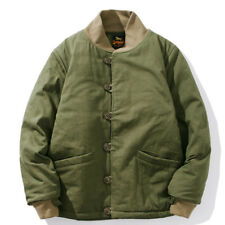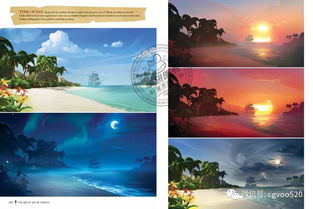"Mastering the Art of Angling: A Comprehensive Guide to Fishing Techniques and How to Share Them Briefly"
Article Content:
Fishing, an ancient pastime that transcends generations, offers a unique blend of relaxation and adventure. Whether you're a seasoned angler or a beginner looking to cast your line into the unknown, mastering the art of fishing can be incredibly rewarding. In this article, we'll delve into some essential fishing techniques and provide you with a concise guide on how to share these skills with others.
Introduction to Fishing Techniques
Choosing the Right Equipment Before you can start fishing, it's crucial to have the right gear. Here's a brief overview of the essential equipment you'll need:
- Rod and Reel: The combination of rod and reel is the backbone of your fishing setup. Choose one that matches the type of fishing you plan to do.
- Line: The type of line you use depends on the fish you're targeting and the conditions of the water. Monofilament, fluorocarbon, and braided lines are the most common choices.
- Hooks: The size and type of hook will vary based on the fish you're trying to catch. Larger hooks are used for bigger fish, while smaller hooks are better for more delicate species.
- Lures and Bait: Lures mimic the movement of natural prey, while bait is typically live or dead and is used to attract fish.
- Tackle Box: A tackle box is a must-have for storing all your fishing accessories.
Understanding the Basics of Casting Casting is the process of throwing your line into the water. Here are some tips to improve your casting technique:
- Hold the Rod Properly: Grip the rod with a comfortable, yet firm, handshake.
- Load the Reel: Wind the line into the reel until you feel resistance.
- Backcast: Swing the rod back over your shoulder and let the line unwind from the reel.
- Forward Cast: Bring the rod forward and let the line fly through the air, keeping it tight.
- Practice: Casting takes practice, so don't get discouraged if you don't get it right the first time.
Reading the Water To be a successful angler, you need to understand the water you're fishing in. Here are some key points to consider:
- Water Flow: Fish tend to congregate in areas with slower water flow, such as behind rocks or in pools.
- Structure: Obstacles like trees, rocks, and submerged logs can provide shelter for fish.
- Vegetation: Fish often feed on or near aquatic plants, so keep an eye out for these areas.
Learning to Fish Different Types of Water Whether you're fishing in a river, lake, or ocean, each body of water presents unique challenges. Here's a brief guide to fishing in different environments:
- Rivers: Focus on fishing near the edges of the river, as fish often hold there.
- Lakes: Look for areas with vegetation, drop-offs, and underwater structures.
- Oceans: Tackle the open water with the right equipment and techniques, and be prepared for a variety of fish species.
How to Share Your Fishing Techniques Briefly
When sharing your fishing techniques with others, it's important to keep your message concise and easy to understand. Here's a step-by-step guide on how to do this:

- Identify the Key Points: Determine the most important aspects of the technique you want to share.
- Use Simple Language: Avoid technical jargon and explain things in plain English.
- Provide Step-by-Step Instructions: Break down the technique into manageable steps and provide clear, concise instructions.
- Include Visual Aids: If possible, use diagrams or photos to illustrate the technique.
- Practice Your Delivery: Be clear and confident when explaining the technique, and be prepared to answer questions.
By following these steps, you can effectively share your fishing techniques with others, helping them improve their skills and enjoy the great outdoors as much as you do.
In conclusion, fishing is a skill that takes time to master, but with the right techniques and a willingness to learn, anyone can become a successful angler. Whether you're sharing your knowledge with friends or writing an article, the key is to be clear, concise, and informative. Happy fishing!












